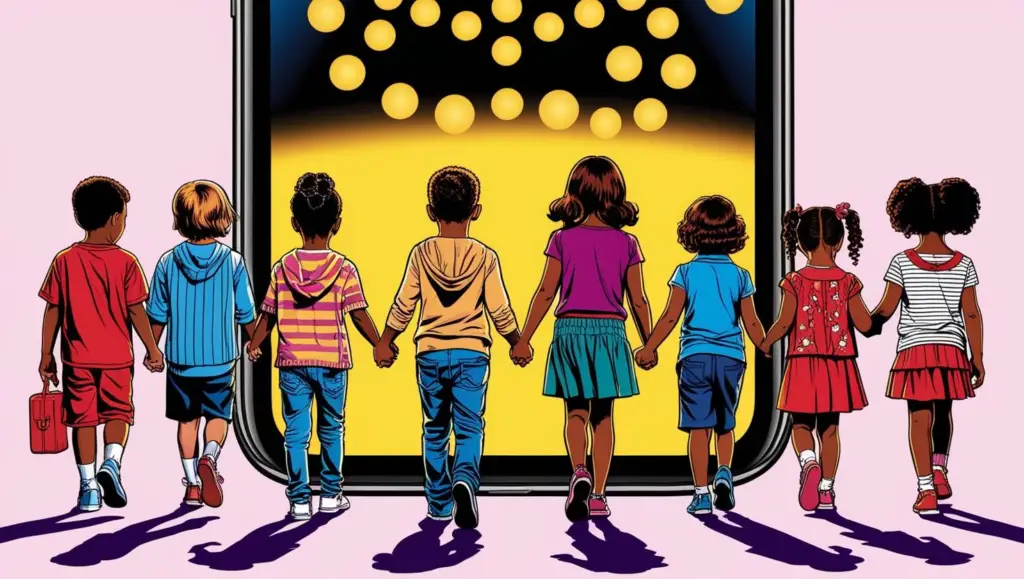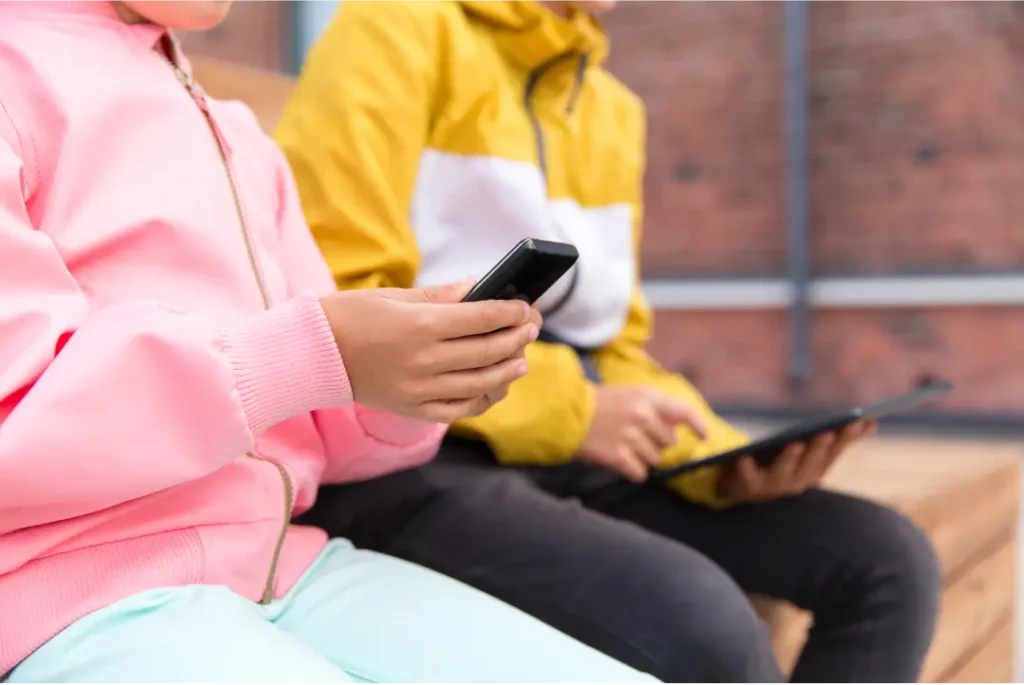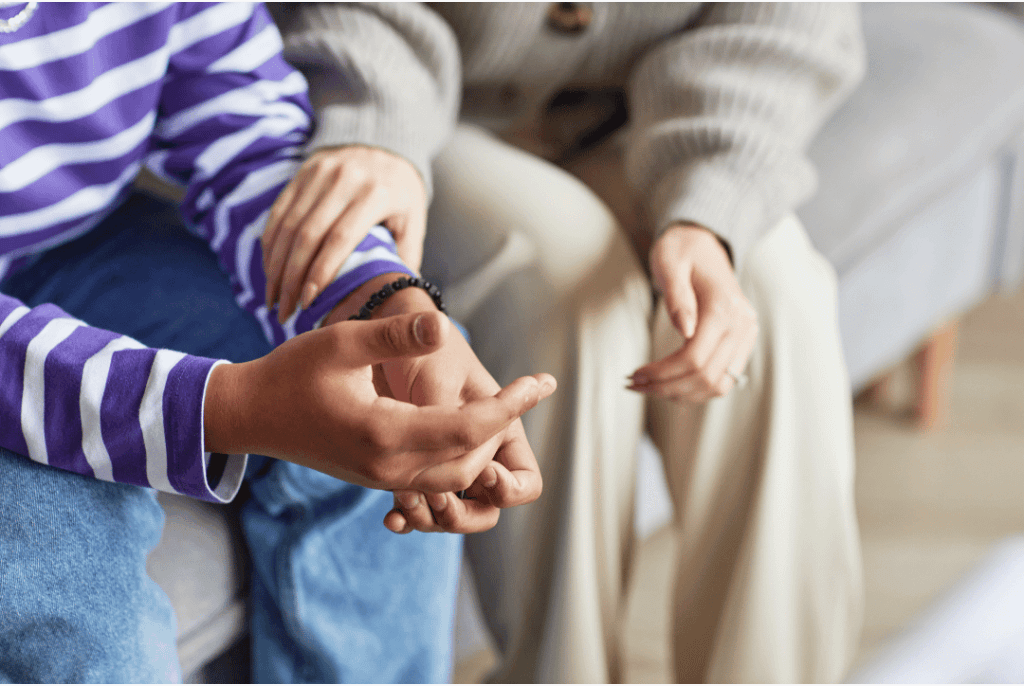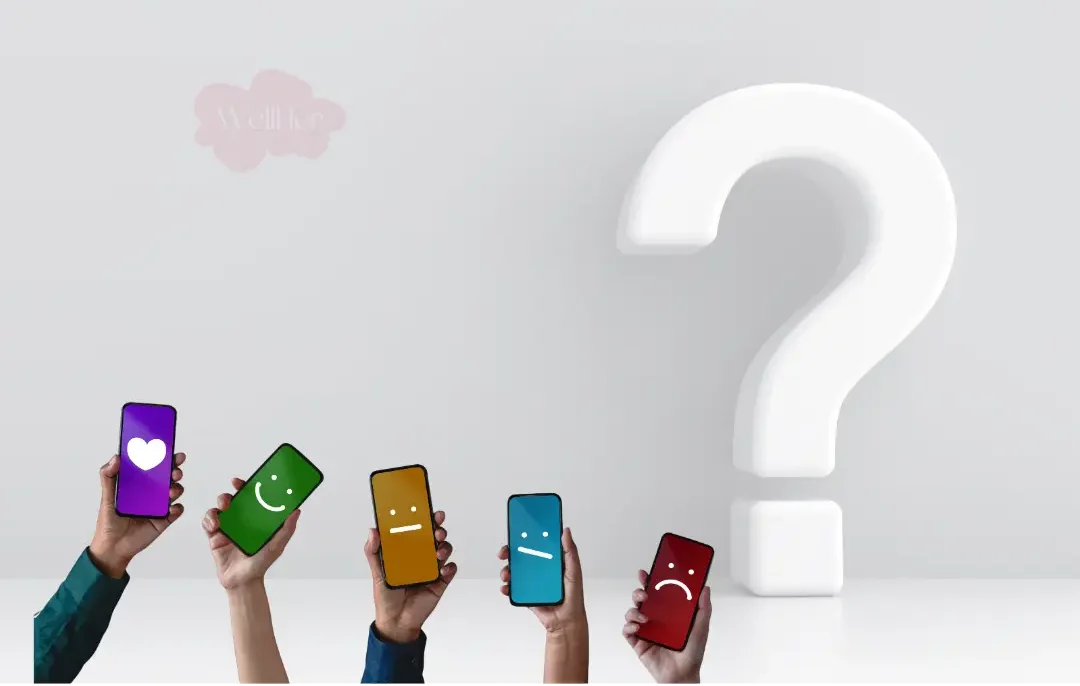My eldest daughter is reaching the stage where the big debates about phones have begun. Many of her classmates already have one – some fancy smartphones, others the trusty “brick phones” that do little more than make calls and play Snake. Meanwhile, my daughter has… nothing. That’s right. No phone. Nada.
Why? At this stage, I don’t see the need. But she’s approaching that phase where a bit more independence is on the horizon (gulp!), so my husband and I are thinking of getting her a basic brick phone – something simple – just so she can call or text us if she needs to.
Now, I know some parents swear by smartphones for their kids, mainly because of tracking apps. And honestly, I get it, it’s reassuring to know exactly where your child is. But sometimes, I can’t help but wonder: How on earth did our parents survive without GPS, FaceTime, and WhatsApp? Of course, times have changed. We’re living in a different world, one that feels a bit more chaotic and uncertain. So, I understand the need to use tracker devices – wanting that peace of mind makes sense.


The risks of giving kids a smartphone
Here’s the big reason I’m holding out on smartphones: the growing body of evidence about their negative impacts on children is just too hard to ignore.
Smartphones can be like that bag of chips you just can’t put down:
- Addictive: They’re designed to keep you hooked.
- Distracting: They can take focus away from important activities.
- Harmful for Mental Health: Social media is a minefield of unrealistic images and popularity contests, often leading to unhealthy comparisons and self-esteem issues.
- Disruptive to Sleep: They can interfere with healthy sleep patterns.
- Exposes Kids to Risks: Online bullying and inappropriate content are hard to fully block, and children might see things they shouldn’t or can’t yet fully process.
Even the best parental controls can’t block everything. It’s a scary online world out there, and I’d rather she not dive into it before she’s ready.
I’m not anti-technology. I’m just a cautious parent
Now, don’t get me wrong – I’m not totally against technology. It has its place, and it’s been a saviour for me in the past. For example, when I was struggling with loneliness, being able to talk to my mother on Skype made all the difference, as I shared in my journey through loneliness during maternity leave.
In countless ways, I rely on technology in my work and at home. It’s undeniably a core part of modern life. Smartphones are here to stay, but we don’t fully understand what aspects of smartphones might harm our wellbeing and what might enhance it.
I also believe it’s important to set an example. I must do the same if I expect my children to manage their screen time wisely.
That’s why I’ve decided to control my phone use, including how much time I spend scrolling through social media when I could be doing something more productive. As part of this, I’ve removed apps like: Facebook (yes, I’m old enough to still use it!), Instagram and LinkedIn.
Instead, I’m limiting my social media use to work purposes during set times. By setting these boundaries for myself, I want to show my children that technology can be managed in a healthy and intentional way.
Every family makes their own choice
Some parents may believe their kids are ready for smartphones at a young age, which is their decision. Every family is different, and I respect that. Each family understands their unique needs and puts measures in place to meet them in the best way they can. For now, my husband and I feel that our daughter doesn’t need one yet. It’s no smartphones in our house.
Parenting comes with tough decisions, and this is just one of many! If you’re interested in more parenting insights, check out my thoughts on navigating loneliness in maternity leave and why I take daily morning walks.

Reflecting on Adolescence: A series that sparks important conversations
With the recent release of the series Adolescence and all the buzz it’s created online, I felt it was the right time to update this post. I really appreciated that the series didn’t try to offer perfect solutions or neat conclusions. Instead, it powerfully raised questions many of us have been sitting with for a while now.
It reminded me that the conversation about children, tech, and wellbeing needs to stay active. Smartphones are here to stay, but we still don’t fully understand their long-term impact. What’s helpful, what’s harmful, and where we draw the line. As parents, we must keep asking, reflecting, and adjusting. And that’s exactly what this post, and our decision, is about.
What I’m learning about parenting and screen time
I don’t have all the answers, and like many parents, I’m learning as I go. But here are a few things we can all try to do:
- It all starts at home. Stay close to your children.
- Limit screen time where possible.
- Encourage face-to-face friendships and real-world play.
- Have open, honest, and sometimes brave conversations.
- Take time to understand and support their interests and passions.
- Role model healthy friendships and emotional regulation.
- Follow, support, and learn from the organisations that have been doing the work with children and young people on the ground for years. Here are a few you might want to explore and support:
YoungMinds: Supporting children and young people’s mental health through resources, advocacy, and support.
Childline: Free, private and confidential support for anyone under 19 in the UK.
UK Safer Internet Centre: Helping make the internet a safe place for children with education, tools, and guidance.
The Mix: Offering support for under-25s on mental health, relationships, and digital wellbeing.
Small steps matter, and they start with us.
Why not check out the Digital Detox Challenge?



